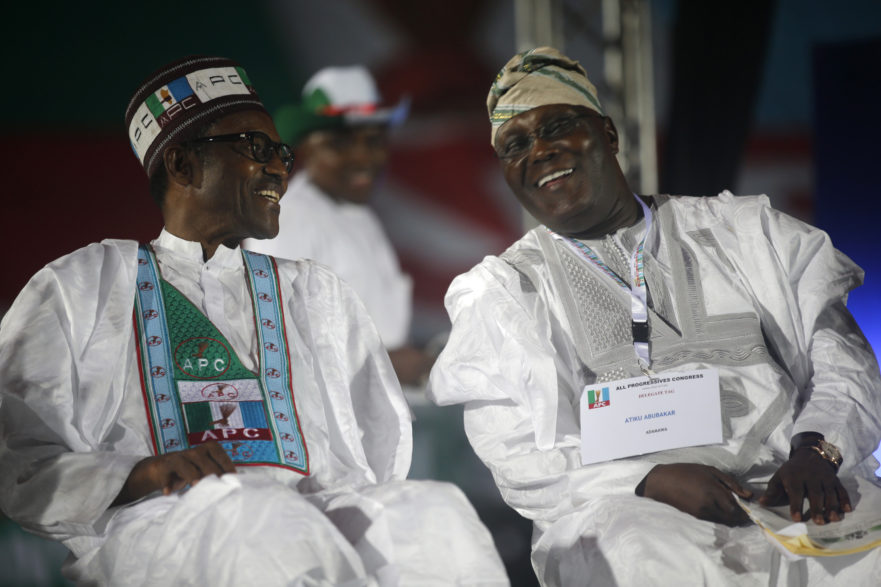January 31, 2019
Nigeria’s upcoming presidential election on February 16 was cast into doubt late last week when President Muhammadu Buhari suspended the country’s chief justice on the eve of the appointment of new election judges. The action is the latest threat to what many have hoped would be a reprise of the successful 2015 election.
In response to this threat to unbiased elections, the International Religious Freedom (IRF) Roundtable Nigeria released an open letter that calls on presidential candidates to honor six requests, including publicly and repeatedly committing their parties through written, video, and public statements to their supporters and constituencies that they support free, fair, peaceful, and credible elections. You can read the open letter here.
The IRF Roundtable Nigeria recently held their inaugural meeting in Nigeria. “For the first time in Nigeria, trust is being established between Sunni, Shia, traditional religion adherents, and Christians who affirmed themselves in multi-faith action and citizenship engagement,” said Stephan Enada, Director of the International Committee on Nigeria. Twelve organizations and numerous individuals from all faiths, regional, and ethnic backgrounds in Nigeria attended the roundtable meeting and released an open letter to all presidential candidates in the general election expressing great concern that without major action in Nigeria, violence that impacts religious and cultural fault lines is a significant risk.
“Progress at the roundtable was very encouraging because this was the first meeting of the group, and despite the deep differences of faith, participants agreed on a mission and vision statement, and they took immediate action to speak out about elections,” noted Nathan Wineinger Director of Advocacy and Coalitions at 21Wilberforce.
Greg Mitchell, Managing Co-Chair of the International Religious Freedom Roundtable, based in Washington, DC, is hopeful that after the election, no matter the outcome, the roundtable model will help hold Nigeria’s government accountable and encourage it to secure religious freedom rights the country’s constitution guarantees for every individual. “We are excited because this is the first multi-faith action members have agreed to take together.”
President Buhari and former Nigerian Vice-President Abubakar, the two leading candidates in Nigeria’s general election. Photo credit: Reuters

